News

JPO 2023: success for the conference "The Moon: a return tinged with technical, scientific and political renewal".
During the ISAE-SUPAERO Open Day on October 14, the Alumni Association organized a series of lectures entitled "The Moon: a return tinged with technical, scientific and political renewal", with 3 presentations covering all the issues surrounding a return to the Moon.
Open to the general public, this event, spearheaded by Pierre-Antoine Dricot (I2022), attracted over 100 alumni and visitors in amphitheatre n°4, and almost 100 people to the online broadcast produced by the SUPAERO Journal Télévisé (JTS).
The first part was dedicated to the technical and scientific challenges of responsible and sustainable exploration of our satellite. We welcomed Stéphanie Lizy-Destrez (S1995), professor of space systems engineering at ISAE-SUPAERO and co-founder of the Spaceflight Institute (the world's first certified commercial astronaut training program).
She spoke of the opportunities presented by the lunar environment, notably the local resources derived from hydrogen and carbon, as well as its geology (seas, highlands, lava tunnels). These are all elements that can be exploited to support exploration and habituation to the space environment, particularly in the context of a human presence on another celestial body. There are still many challenges to be met: communication, navigation, energy supply (lunar nights are 14 days long) and ISRU (In-Situ Ressource Utilization). This is the role of the SaCLaB Chair - a collaboration between ISAE-SUPAERO, CNES, Airbus DS and others - which is conducting research into sustainable habitats and human-robot interaction in this context.
In a second talk, we welcomed Jean-Luc Morel, CNRS researcher in neuroscience applied to space exploration and Chairman of the CNES "Life sciences and human space exploration" working group.
This section highlighted biologists' vision of space exploration as nothing more than a space fog. Indeed, the small, ultra-selective astronaut population is a challenge for their studies. Small sample sizes, varied mission profiles and conditions that are difficult to reproduce in the laboratory are all barriers that researchers need to overcome in order to understand how physiological functions react, and to adapt spaceflight to the living world. Dr. Morel discussed a number of study issues for a human presence on the Moon, such as radiation, long-term isolation and eco-toxicological risk.
Our final speaker was Alban Guyomarc'h, PhD student in space law at Panthéon-Assas and coordinator of the ANRT's "Objectif Lune" working group.
After setting the scene politically, he presented the issues involved in establishing lunar space, with a particular focus on the legal aspects. There are six of them: societal acceptability, economic strategy, geopolitical ambitions and law, resource exploitation, life support, and finally security and defense. Further details can be found in the ANRT's white paper "L'ambition lunaire". Mr Guyomarc'h underlined the exceptional opportunity for interdisciplinary collaboration offered by lunar exploration, both scientifically and diplomatically.
Many thanks to these three top-quality speakers, to the audience for their lively and pertinent contributions, to Pierre-Antoine Dricot for organizing the conference with the Association's Toulouse Group, and to JTS for its broadcast.
 2
2
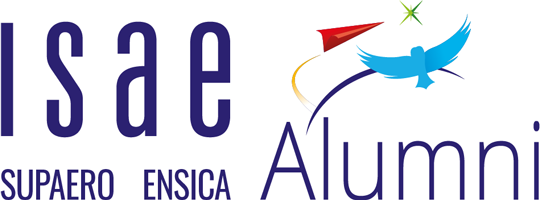








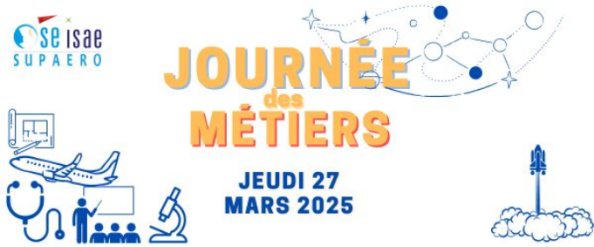
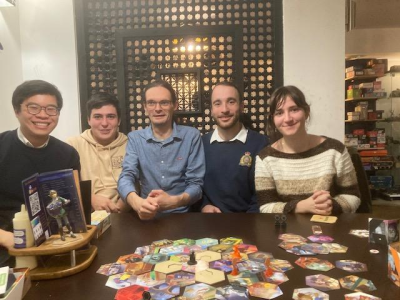
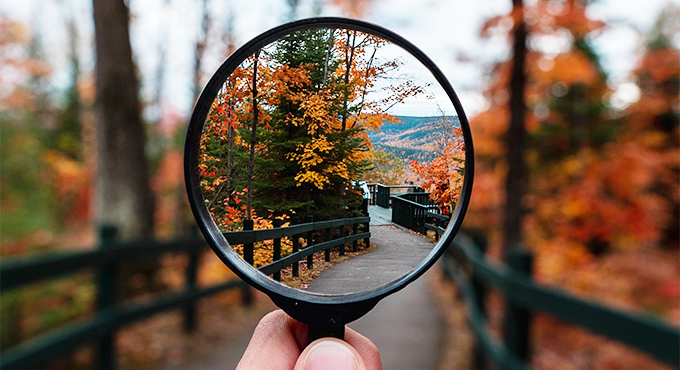





No comment
Log in to post comment. Log in.